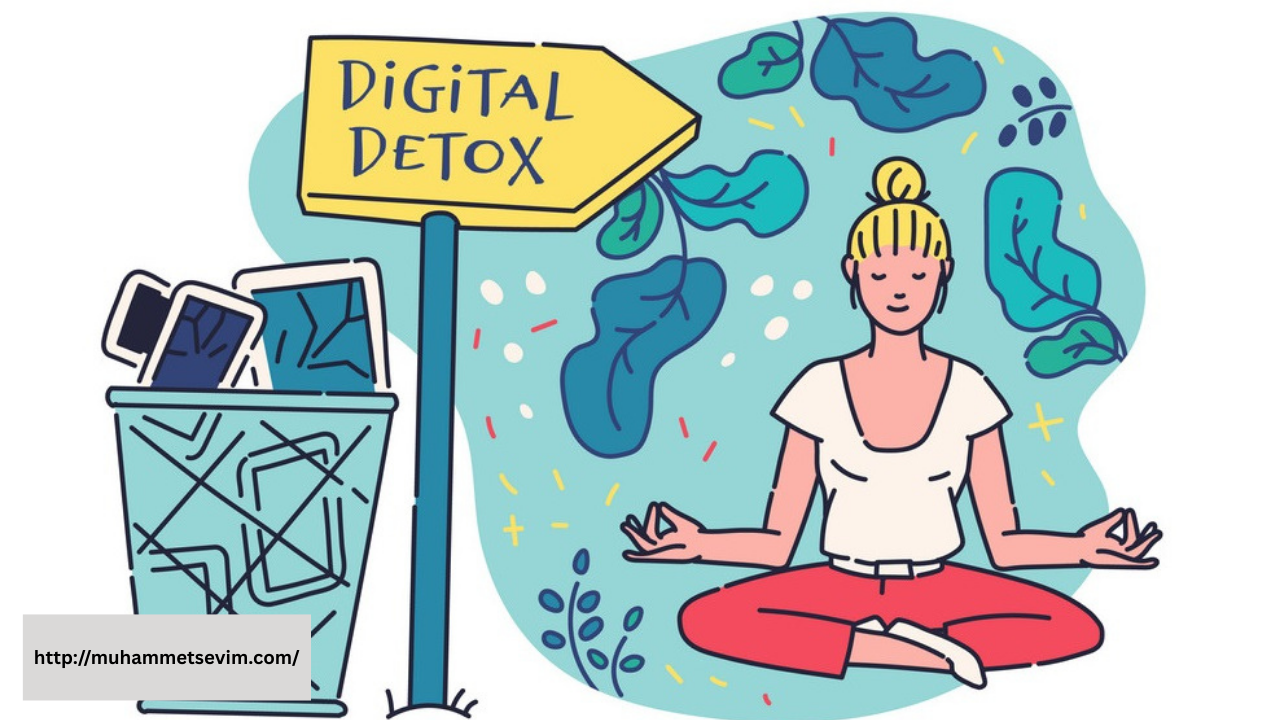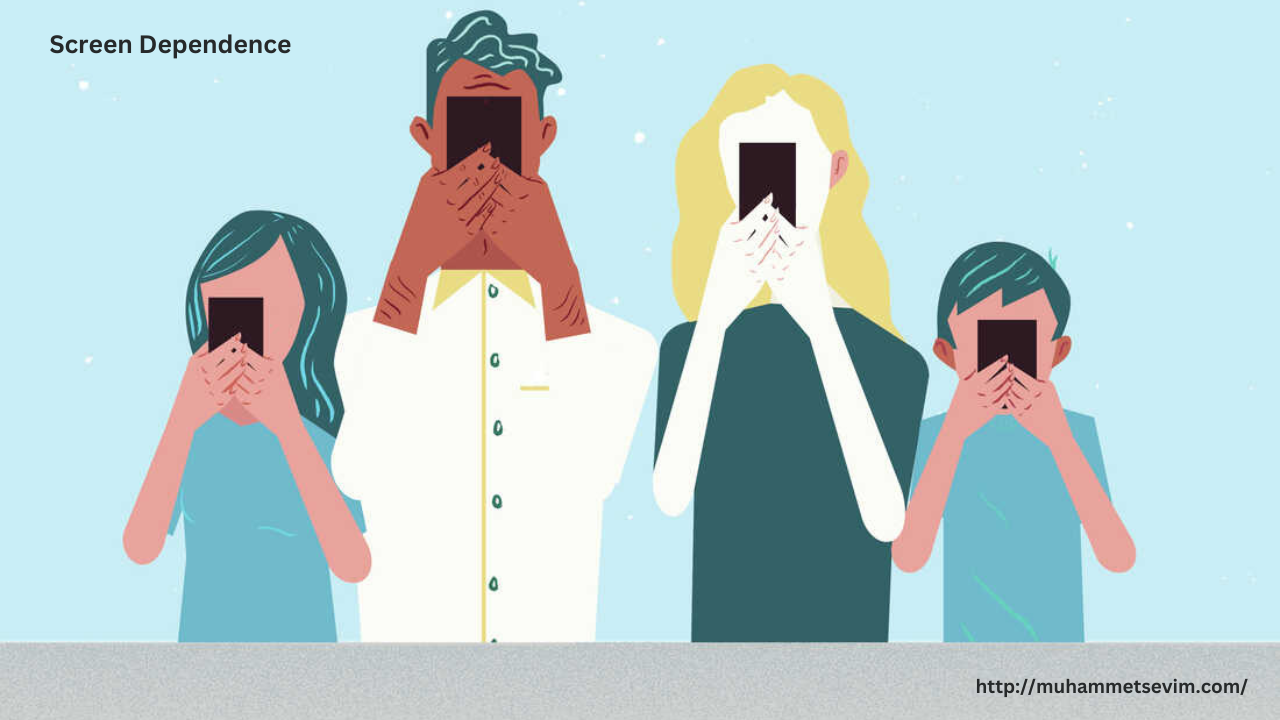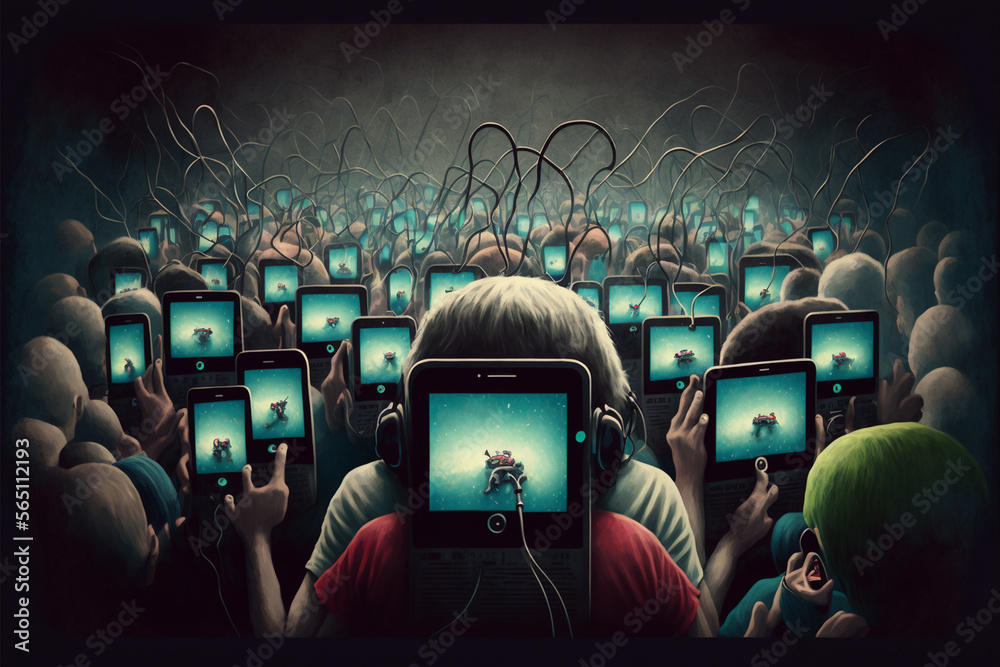 In today’s digital landscape, staying informed is easier than ever—but it comes with a hidden cost. Many people find themselves trapped in a cycle of doomscrolling—mindlessly consuming negative news and content online. What starts as a harmless habit can quickly spiral into internet addiction, leading to increased anxiety, reduced productivity, and emotional exhaustion. Thankfully, it is possible to break free from this pattern and cultivate a more mindful, intentional relationship with technology.
In today’s digital landscape, staying informed is easier than ever—but it comes with a hidden cost. Many people find themselves trapped in a cycle of doomscrolling—mindlessly consuming negative news and content online. What starts as a harmless habit can quickly spiral into internet addiction, leading to increased anxiety, reduced productivity, and emotional exhaustion. Thankfully, it is possible to break free from this pattern and cultivate a more mindful, intentional relationship with technology.
Understanding Doomscrolling and Its Effects
Doomscrolling refers to the compulsive consumption of bad news, often late into the night, with no clear benefit to the reader. This behavior is fueled by fear, uncertainty, and the brain’s natural tendency to seek out potential threats. Over time, it can:
-
Heighten anxiety and depression
-
Disrupt sleep patterns
-
Decrease focus and attention span
-
Foster a sense of helplessness and overwhelm
Recognizing the harmful impact of doomscrolling is the first step toward overcoming internet addiction and reclaiming your mental well-being.
Signs of Internet Addiction
Ask yourself the following questions:
-
Do you feel unable to control how long you spend online?
-
Are you using the internet to escape feelings of stress, sadness, or boredom?
-
Does online activity interfere with your relationships, work, or sleep?
If you answered “yes” to any of these, you might be experiencing internet addiction, and a shift toward mindfulness could make a significant difference.
Strategies to Move from Doomscrolling to Mindfulness
1. Set Clear Time Limits
Structure is key.
-
Use app timers to restrict how much time you spend on news apps or social media.
-
Schedule specific times for checking news—such as once in the morning and once in the evening—and stick to them.
2. Curate Your Content
Not all information is equally valuable.
-
Unfollow or mute accounts that constantly share negative or anxiety-inducing content.
-
Choose trusted news sources and limit the number you follow.
-
Balance your feed with positive, educational, or inspiring content.
3. Practice Mindful Browsing
Before opening an app or a website, pause and ask yourself:
“Why am I opening this? What do I hope to gain?”
Set a purpose for each online session and log off once you’ve fulfilled it.
4. Replace Online Habits with Offline Activities
Fill the time you usually spend scrolling with healthier alternatives:
-
Go for a walk, stretch, or exercise.
-
Read a physical book.
-
Journal your thoughts and feelings.
-
Meditate, even for a few minutes a day.
5. Create Tech-Free Zones
Designate areas in your home where phones and laptops are not allowed—such as the bedroom or dining room. This helps you disconnect mentally and physically from constant digital stimulation.
Final Thoughts
Breaking free from doomscrolling and internet addiction requires intention, patience, and practice. By setting clear boundaries, curating your content, and replacing mindless scrolling with mindful activities, you can regain control over your attention and emotions.
Mindfulness allows you to consume information with purpose—not fear—and creates space for joy, focus, and inner peace in a noisy digital world.
You don’t have to live at the mercy of your screen. Start small, stay consistent, and move toward a healthier, more mindful life.








